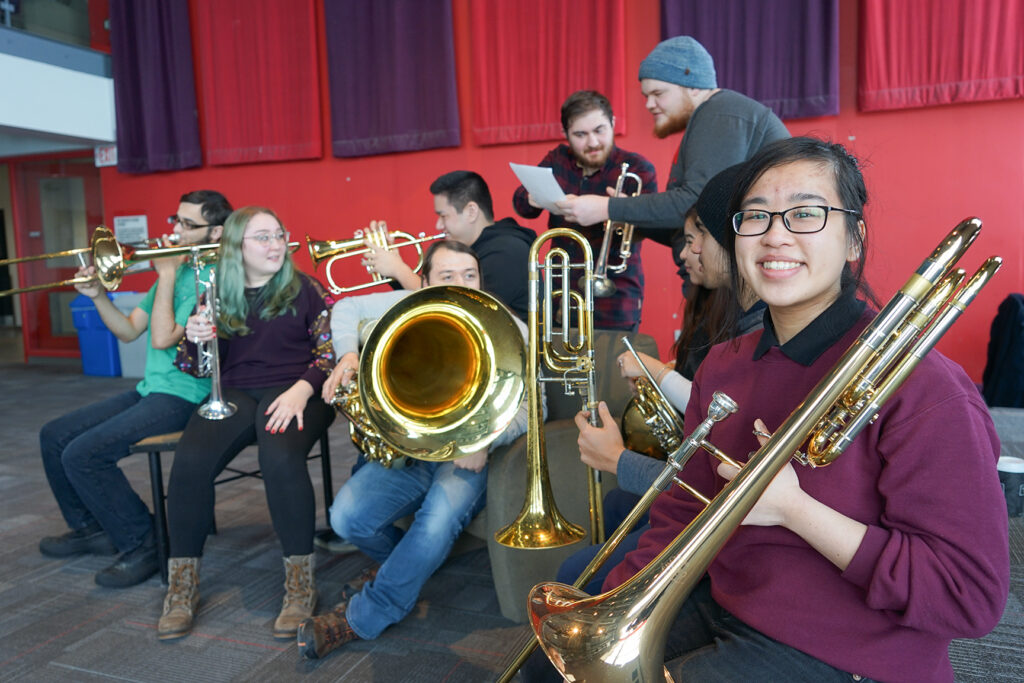In an effort to restructure a program, keep a program current, or add a program offering, a program may want to propose a program modification. There are three types of program modifications ranging from a major modification to a minor modification, each with its own template and proposal procedure.
As outlined in the YUQAP, before drafting a major modification proposal, a Notice of Intention or NOI must be submitted to the Vice-Provost Academic who will determine whether the change falls under the protocol for a major modification or, potentially, a new program. Authorization to proceed with a proposal does not constitute formal support.
The templates for the NOI and modifications are provided below.


Protocol for Program Modification
YUQAP Section 5. This protocol applies to programs undergoing program modifications.
Notice of Intent
Scope and Templates for Program Modifications
Scope
Templates
Upon receipt of the Notice of Intention (NOI), the Vice-Provost Academic will determine whether a change falls under the protocol for a major modification.
A major modification is a significant change to a degree program or Type 2 or Type 3 Graduate Diploma, which may include significant changes to the program requirements, intended learning outcomes, mode of delivery, and/or human and other resources associated with the program.
Before drafting a major modification proposal, a Notice of Intention must be submitted to the Vice-Provost Academic.
A detailed minor modification is a modification to a program or degree option that does not rise to the level of a major modification but the modification may have a broad impact, require consultation across units/groups, and/or include substantial changes to an existing program option established through a major modification (e.g., minor, graduate specialization, option, certificate, or WIL option).
A standard minor modification is a modification to a program or degree option that does not rise to the level of a major modification or a detailed minor modification.
Support

YUQAP Resources & Support
Have questions about YUQAP? Need support for proposals and other documentation? We can help.


